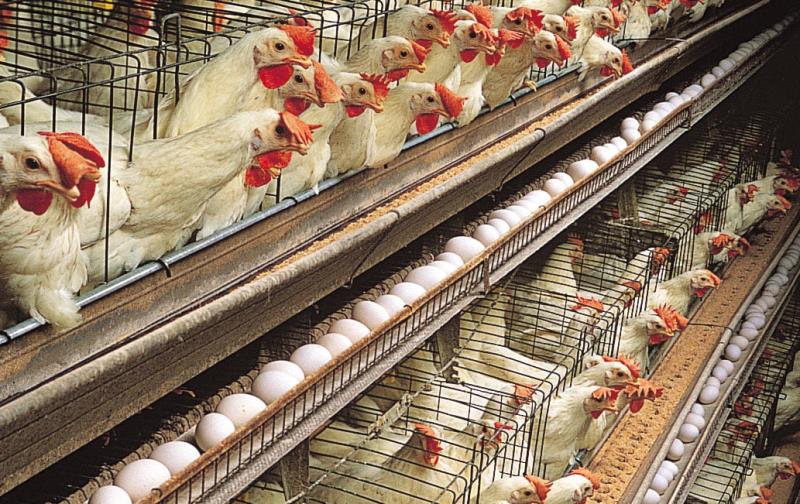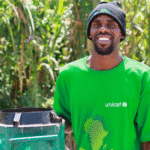Over the last five years, Nigeria has spent more than N4.46 trillion importing livestock and animal products, from N454 billion in 2020 to N1.49 trillion in 2024. By mid-2025, livestock imports had reached an estimated value of N815 billion.
While these figures reveal Nigeria’s reliance on foreign livestock to feed its population, they also hint at the shortcomings of domestic production.
A struggling local industry
Local farmers continue to face a mix of challenges: low yields, limited access to quality breeds, poor infrastructure and rising costs of production.
The problem, however, is not entirely about imports but about the kind of imports that dominate the market.
Importing live animals for cross-breeding can strengthen local breeds and improve milk and meat yields as well as enhance resilience.
But the massive inflow of frozen chicken and dairy products continues to cripple local farmers. While local cows produce only a few litres of milk daily, cross-breeding with better and exotic species can yield several times more, offering a way to boost productivity and sustainability.
History provides some clues on what a thriving local poultry sector could look like.
Decades ago, when former president Olusesegun Obasanjo restricted frozen chicken imports, the impact was profound. Local poultry farms flourished, feed mills expanded and more veterinary clinics were created.
An inevitable outcome of this was more job opportunities in the poultry sector.
Much of that progress has been reversed, with imported frozen chicken increasingly dominating the market. This dependency on imports puts local producers at a great disadvantage.
At present, some local cooperatives are pooling resources to share cold-storage and feed facilities that help them cut costs and increase the level of production.
But reviving local capacity requires consistent policy that not only dials back imports but also supports farmers through accessible credit, feed subsidies and affordable veterinary care.
Research and innovation offer a lifeline. Some institutions across Nigeria, like the International Livestock Research Institute (ILRI), have been developing cheaper and more nutritional feeds made from crop residues like maize stalks and cassava peels.
This simple solution has helped farmers reduce feeding costs, which is, perhaps, among the biggest challenges facing livestock production.
Private initiatives are also supporting farmers with training, milk collection centres and veterinary services. These initiatives mark a shift from nomadic herding to structured ranching systems.
The newly created Federal Ministry of Livestock Development aims to strengthen breeding programmes, improve animal health systems and modernise the value chain from production to processing.
To ensure this works, government policies must align with the goal of building local capacity. Encouraging frozen imports while trying to grow domestic production sends mixed signals.
Towards livestock independence
The requirements for true progress include consistency, a clear focus on supporting local producers, improving infrastructure and creating an enabling environment for investment and innovation.
Despite its challenges, livestock independence in Nigeria remains an achievable ideal. Committing to smarter policies, creating stronger investment and establishing better coordination between government, research bodies and farmers is key to unlocking this potential.
Summary not available at this time.






